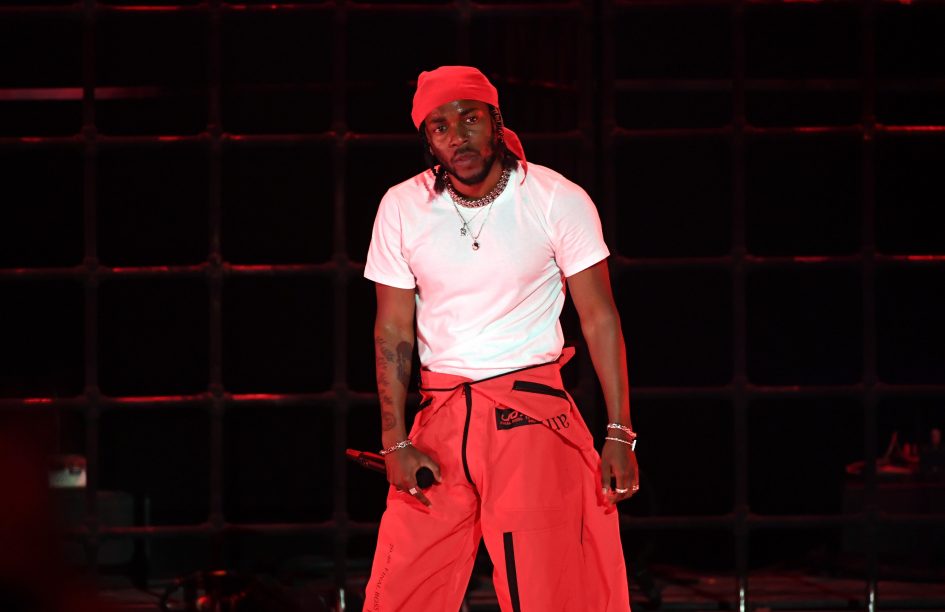I believe the social context of this song is unique and powerful because even though it is talking about the general subject of racism in America, it is also talking about Kendrick Lamar’s personal experiences. He then takes his personal experiences and relates them to all African Americans in general experiencing it because it is in their genetic makeup. The historical context is also very important to note, both public and personal. This song came out in April of 2017, a little over a year after the height of news reports of police officers shooting and killing unarmed black individuals. This also could be why Don Cheadle says that “DNA” actually stands for “Dead N**** Association”. Donald Trump had also recently been elected president, sparking protests and a rise in racist and anti-semitic incidents including but not limited to those targeted at African Americans. Trump also openly criticized Colin Kaepernick months before this song came out for kneeling during the national anthem of an NFL preseason game. On a more personal historical background note to Kendrick Lamar, the second half of this song addresses his own racist haters trying to discredit him, including Geraldo Rivera, as I have mentioned in my previous post.
The idea that seemingly personal struggles in a song can be translated to groups of people to unite them is brought up in the Rosenthal and Flacks reading, and it is described as “sociological imagination”. Kendrick did this by harnessing the anger, frustration, and confusion of his race during this time period. He was just one person who experienced pain and racism in America, but he used his platform of music to tell the stories of many. He attempting to take back the power from racists and reclaim this so called “angry” and “harmful” hip hop music. He also is creating a duality and juxtaposition on how he sees himself a black man and how the world sees him (and his race). He is implying that because of his skin color, and because of everyone’s skin color that he is advocating for, there will be certain prejudices. Before even having a conversation, people who are racist will already begin to judge. Although he does not explicitly talk about Donald Trump in his song, he does talk about racism, both past and current.
An example of this is when Kendrick says in his song, “Shit I been through probably offend you”. He is talking about how the things he is saying might come off as aggressive and explicit to some people, but that is just the unfortunate reality of his every day life. When he stood on top of a police car in a live performance of “Alright”, it prompted people to get upset, but he was just reenacting what many African Americans go through in society. In class, we have talked a lot about how protest music would draw from church hymns to make it more relatable and get people to participate. I think it is interesting that Kendrick also uses a lot of references from the Bible in this song, including “reapin’ what you sow”, and more notably, “I was born like this, since one like this, immaculate conception / I transform like this perform like this, was Yeshua’s new weapon.” This could also be a tactic used for sociological imagination and I am excited to dive further into his reasoning for putting biblical references in his lyrics.

February 27, 2020 at 5:07 pm
Sami,
This is an excellent discussion of “DNA” and how we see social issues in the lyrics. I do wish, however, you had spent a little more time talking about the social issues in more stark and overt detail, linking to news reports and perhaps social media posts that make real some of the issues you bring up. It would also be important to see statistics about killings by police and how that breaks down along racial lines. These kinds of details and sources will be necessary for your podcast.
Bill